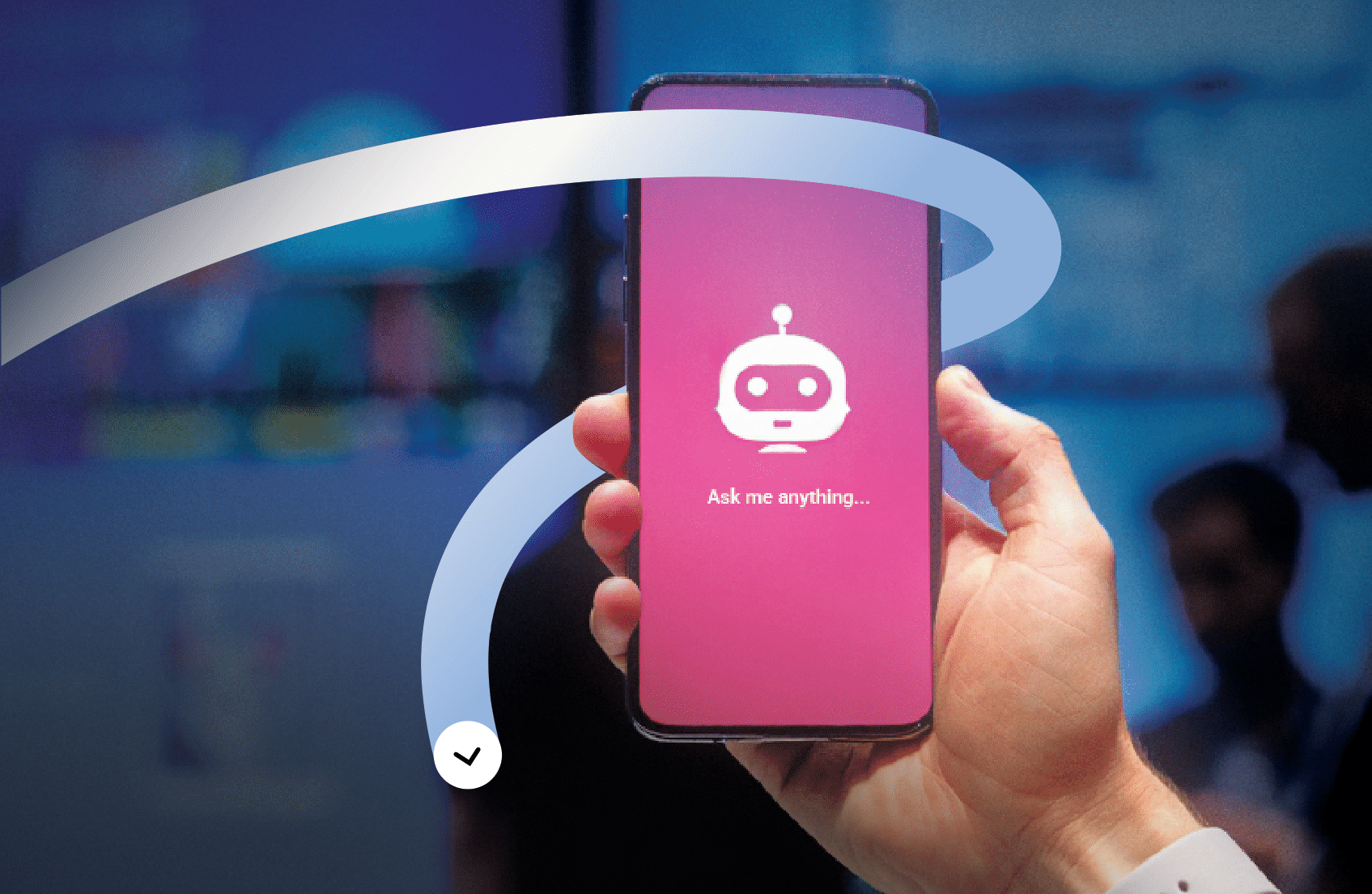
AI agents: promise of new uses for commerce
Introduction
Like previous technological innovations, these new tools will transform the e-commerce sector, but also more broadly have implications for advertising industry standards.
A new transformation of the buying journey
While shopping journeys tend to be marked by a rise in complexity and a multiplication of touch points between the various channels - web, mobile, physical store - AI agents promise to reduce it to simple requests in a conversational mode. The consumer can thus access product recommendations and make a purchase directly from their virtual chat.
So exit the omnichannel shopper who navigates the various pages of a website or an e-commerce application while oscillating between search engines, comparison sites and stores. Underlying it, it is all the continuous work of retailers and brands to shape a smooth and relevant shopping experience leading to conversion that is being questioned. Not to mention first-party data, collected during browsing and transactions carried out by the shopper on e-commerce sites. In short, we are reshuffling the cards of e-commerce as we know it today.
The advertising impact
Beyond the e-commerce dimension, AI agents have an impact on advertising standards. Shoppers no longer navigate search engines and e-commerce sites themselves, so how can they be visible and interact with them during their buying journey?
Sponsored links, SEO optimization, the purchase of keywords on search engines, but also e-retail media locations on retailer sites are losing relevance because they are no longer seen by consumers. The question of their value and investments can then be raised, especially when we know that retail media alone now represents 11% of advertising investments in France, or 647 million in the first half of 2025 according to the SRI.
In the age of social networks, influencer marketing and platforms like TikTop Shopping, the question of influence is also being raised more widely. Is it still effective to invest in such platforms, if the “purchase recommendation” part is finally managed by the AI agent?
Finally, the standards for measuring advertising performance can themselves be called into question. Impression numbers and click rates are likely to face a drop in their results, but also in their adequacy in the face of a market that is (re) focused on conversion.
The need for double optimization
The need to build a new mode of commerce, adapted to AI agents, then emerged. Search engines have already begun to transform, with the integration of AI response blocks and responses in a conversational mode rather than just keywords and search results.
E-commerce sites also need to be optimized for AI agents. On the same model as SEO agencies set up to promote your ranking in search engines, you must now be visible to these new agency tools. A new form of referencing, which will essentially involve the code of commercial sites. For example, this is what announced Shopify, by integrating information intended for bots into the source codes of commercial sites developed on the platform, telling them what they can and cannot do, and in particular what actions should require human action.
This point should also be emphasized: we must not neglect the real shopper, the human behind the bot. While it is still too early to judge the adoption of these AI tools, it is a safe bet that they will be used by a small portion of shoppers, at least during the first few years. Likewise, the uses will probably be much more hybrid than announced, for example with the use of AI agents to search for products, and the finalization of the purchase act carried out in a traditional way by the shopper. The launch of new technologies is always accompanied by promises of massive transformation, but what really matters are the concrete uses that are finally made of them.
Also, the challenges of optimizing the shopper experience and retail media still have a bright future ahead of them, although they will inevitably be called upon to renew themselves in order to adapt to new retail uses. Because on the business side, the development of AI agents leads to new challenges for organizations, to navigate between a complex understanding of the shopper and its expectations, the multiplication of technological platforms and opportunities to integrate artificial intelligence while coordinating its uses between businesses...

News
